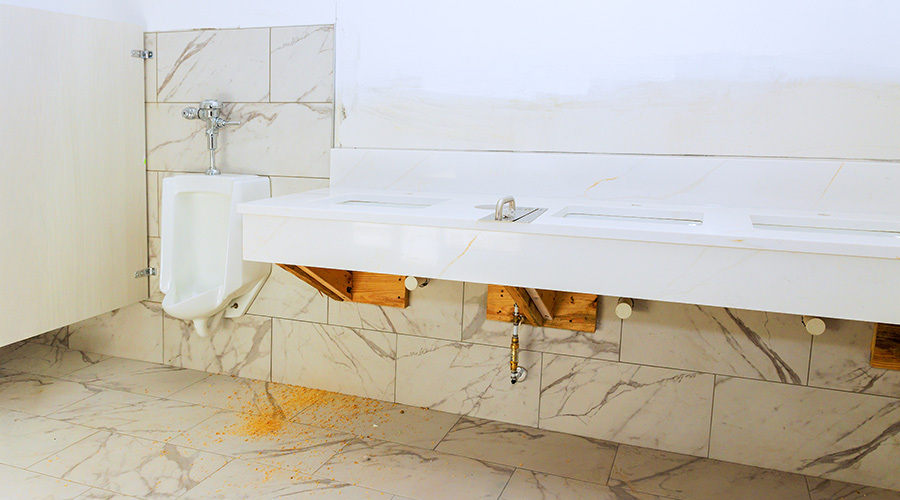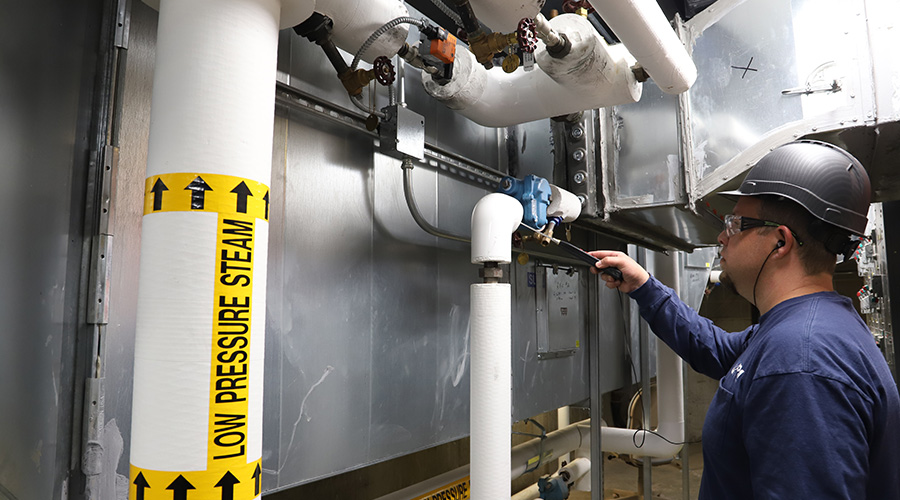As healthcare facility portfolios continue to diversify and bring services off the hospital campus and into the community, the local shopping mall may soon be playing a larger role in tenancy considerations. Shopping center owners are starting to probe the potential of a concept called "Medtail" as they seek to drive traffic to their shopping centers, especially in the face of declining baby boomer retail spending, according to a REIT.com article.
"Between 2011 and 2016, it is estimated that aging baby boomers will spend $600 billion more on health care-related expenditures," says Chris Macke, senior strategist with CBRE, quoted in the article. "That means shoppers will have an estimated $600 billion less to spend on retail by 2016."
Part of the Medtail concept involves finding synergies between the offerings of the healthcare-related tenant and nearby retail tenants. Indoor shopping malls all on one level are especially attractive facility types for this concept, especially when considering the needs of a Baby Boomer healthcare consumer, says the article.
The retail facility benefits from this arrangement by gaining foot traffic during traditionally slow periods — weekdays between 9 am and 3 pm, exactly the same time period people traditionally see their doctors. The healthcare provider benefits by being able to present the retail setting as an amenity. For example, if the doctor's schedule is backed up, patients can multitask by getting some shopping errands knocked off their list. Or, while a patient is being seen, their partner or escort can be entertained by spending time in the mall instead of leafing through magazines in the waiting room.
As a new concept, Medtail faces some challenges. Specifically, the real estate industry is fairly strictly segregated and meeting the needs of healthcare tenants will likely be uncharted territory for the average retail property manager.
"We are very siloed: Retail is retail, office is office, medical office is medical office and industrial is industrial," Macke says. "Most of the time, it doesn’t make senses to mix the two. But with the change in demographics, it does now, and that can be a challenge."
Read the article.

Shopping centers court healthcare tenancy to capture boomer market
As healthcare facility portfolios continue to diversify and bring services off the hospital campus and into the community, the local shopping mall may soon be playing a larger role in tenancy considerations.
By Healthcare Facilities Today
February 21, 2013
Topic Area: Industry News
Recent Posts
 Biofilm 'Life Raft' Changes C. Auris Risk
Biofilm 'Life Raft' Changes C. Auris Risk
Microscopic survival structure protects fungal pathogen from disinfectants and help it survive for long periods.
 How Healthcare Restrooms Are Rethinking Water Efficiency
How Healthcare Restrooms Are Rethinking Water Efficiency
Manufacturers discuss strategies, technologies and design approaches that help healthcare facilities meet their sustainability goals.
 Northwell Health Finds Energy Savings in Steam Systems
Northwell Health Finds Energy Savings in Steam Systems
Case study: A proactive steam trap maintenance program is delivering millions in savings, fast payback and measurable carbon reductions across one of the nation’s largest health systems.
 The Difference Between Cleaning, Sanitizing and Disinfecting
The Difference Between Cleaning, Sanitizing and Disinfecting
Cleaning methods and products have various purposes in reducing the spread of germs.
 Jupiter Medical Center Falls Victim to Third-Party Data Breach
Jupiter Medical Center Falls Victim to Third-Party Data Breach
The third party has determined through an investigation that, at least as early as January 22, 2025, an unauthorized third party gained access to personal health information on legacy systems.